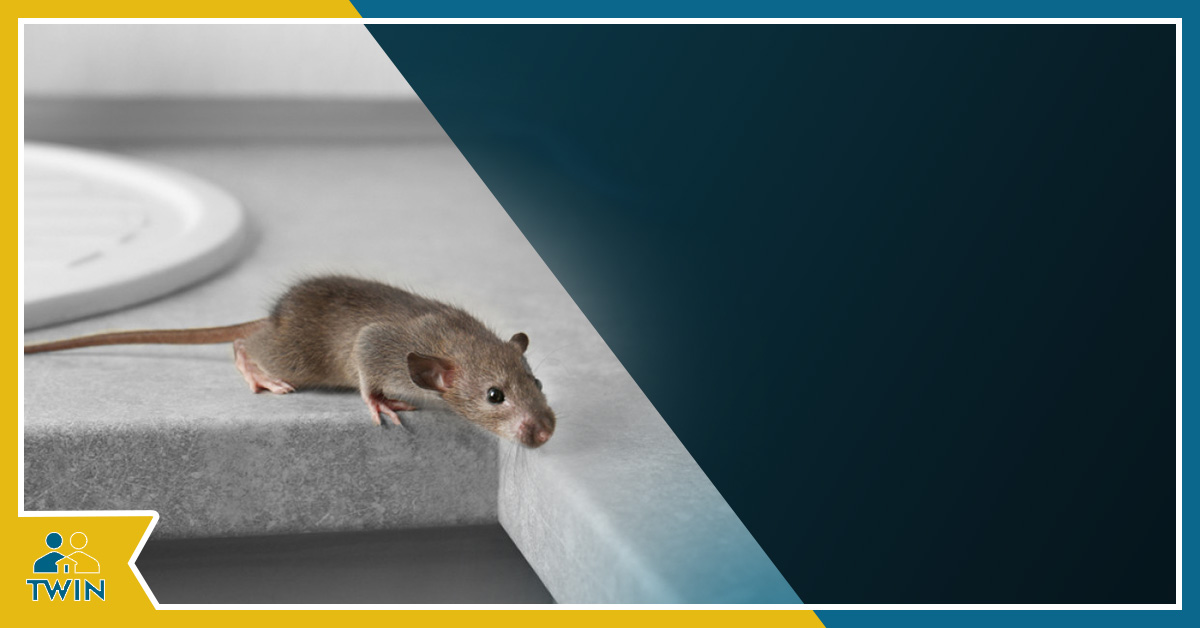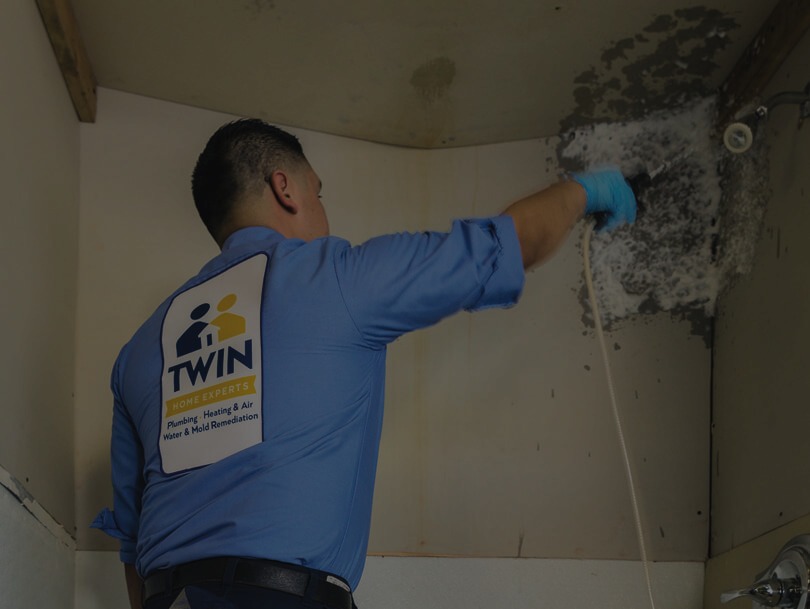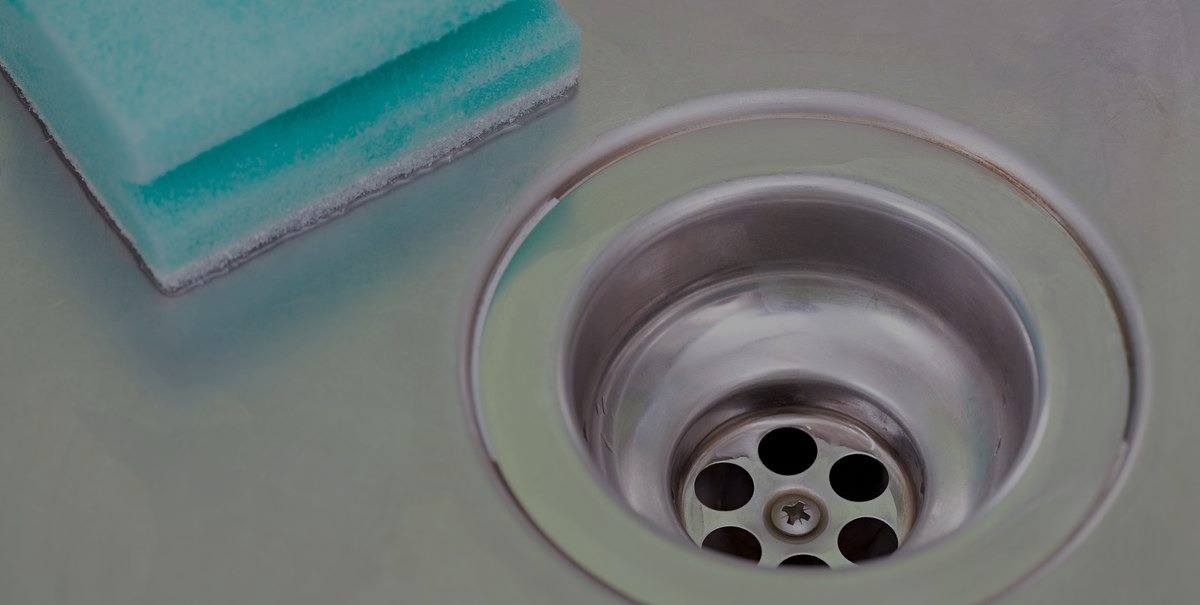What is sewer gas?
Sewer gas,which causes an odor problem to the occupants of a house or a commercial building is a mixture of inorganic gases created by the action of anaerobic (needing no oxygen) bacteria on sewage and sludge. This gas can consist of hydrogen sulfide, ammonia, carbon dioxide, methane, nitrogen, and hydrogen.
What makes it smell so bad, like rotten eggs?
99% of the time it’s going to be a hydrogen sulfide culprit, although we have seen ammonia be formed in rare cases.The gases listed above are odorless, so you have to be cautious, The odor threshold, meaning the lowest concentration that can be detected with the nose, for hydrogen sulfide is somewhere between .001 and .01 parts per million (ppm), an extremely low concentration. For an example, 1 ppm on a linear scale is one inch in 15.8 miles.
Can these gases harm the people who come into contact with them?
Yes, but only under extremely unusual circumstances. Although hydrogen sulfide is a very toxic gas, it will not harm people at the concentrations that exist typically in a house that has sewer gas odor problems. Studies have shown that hydrogen sulfide has a depressant effect on the central nervous system in concentrations above 150 ppm. This is 15,000 to 150,000 times the amount detectable by most people. Not enough gas is generated in the sewers for concentrations to approach the dangerous level in the dwelling is what studies have shown. However, if a person were to enter a tunnel or deep hole that contained sewage undergoing anaerobic breakdown, there is a chance he could become poisoned. Look at what just happened in AZ. In fact, we are stunned and saddened because here at the Twin Plumbers we had just met these gentleman who hired recently for a special sewer project on one of their other properties.
I don’t understand, I lived here for years, why all of sudden does it get into the house?
The only way sewer gas can get into a home is if there are issues with your plumbing system or the cities sewer. The most common causes are dry P-traps, blocked vent stacks, sewer sludge inside horizontal lines, broken sewer vents and drain lines in a wall or under ground. We also just completed a job here in Los Angeles that had sewer water dumping under the crawl space, this is a major producer of sewer gases.
How are the gases even produced in the sewer?
Again, Hydrogen sulfide or (H2S) is produced when the sulfate radical (SO4) is reduced to H2S and H2O (water). This reaction can take place only when there is no oxygen or other oxidants to neutralize the off gases that it produces. There are however, some environments where hydrogen sulfide is produced in the sewers: check this video out in a sewer line we just scoped due to a sewer odor issue, cockroaches are in the line as well ! The slime layer that coats the sewer pipe below the water line. Although this layer can be only .040 of an inch thick, the three-quarters of the layer closest to the sewer pipe is so oxygen-poor that H2S is commonly formed. If any sludge has been deposited at the bottom of the pipe, H2S will also be formed in that sludge. If there is a problem in the sewer with flow (if it is plugged or partially plugged) so that the sewage cannot keep moving, the oxygen content gets to low that H2S can be produced in the sewage itself.
An important point to remember is that all sewage systems, at one time or another will produce sewer gas.
What can I do to prevent sewer odor ?
Maintain your drains, any drains that are not used regularly must have some water flow through it. Camera your sewer main at least every 2 years. If its a kitchen line, hydro jetting with bio cleanse is a significant advantage in preventing sewer odors.
Well, we hope this post provided some information on sewer odors, if you need further assistance, please feel free to contact us at anytime. We are here to help.
Once again, our condolences go out to the family of Jarrod & Jeremy. If you ever have a bad odor in your home or want to perform drain maintenance that may prevent sewer gas build-up, call the Twin Plumbers today!
The post FAQ About Sewer Gas: Answers from the Twin Home Experts appeared first on Twin Home Experts.







